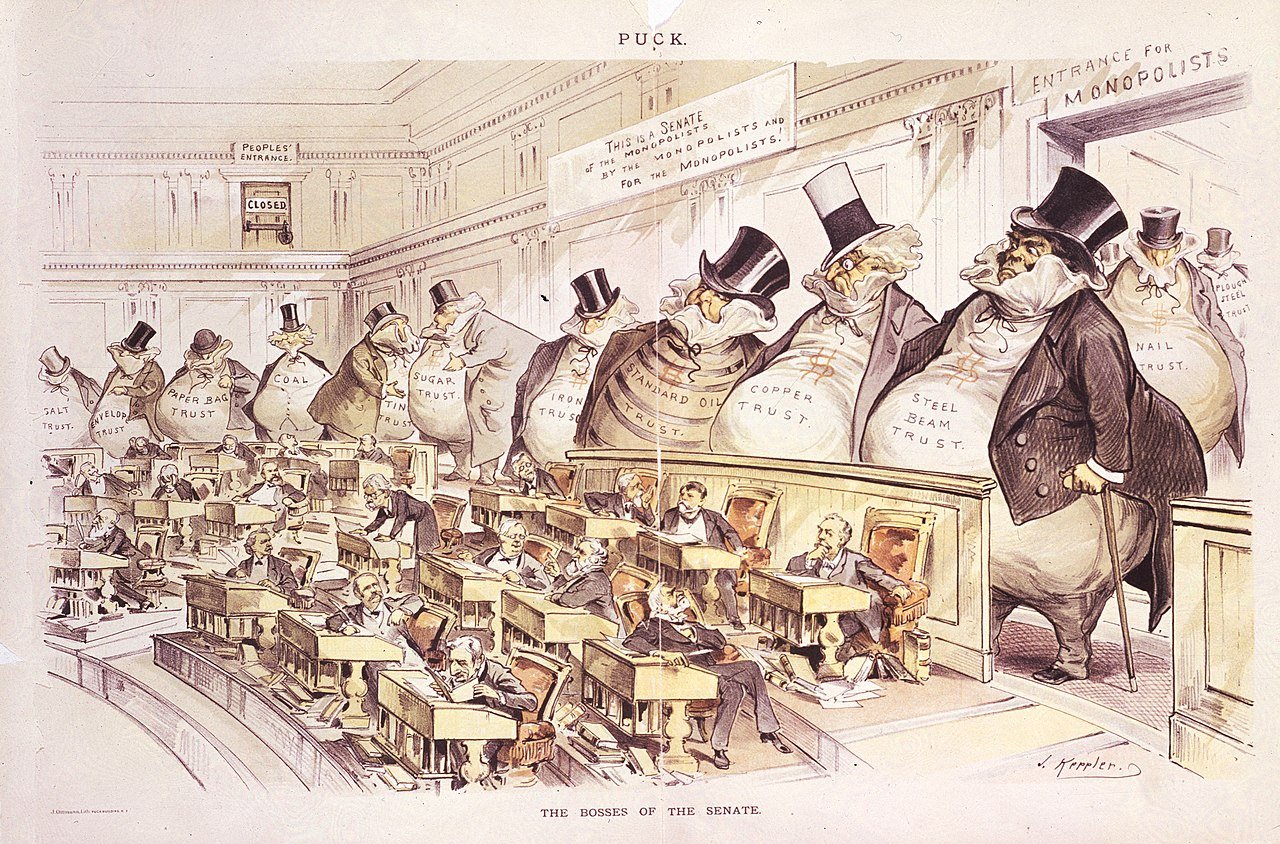The National Black Farmers Association (NBFA) has championed a major victory for African American farmers and their families in the United States and has been a significant development in the long-standing issue of discrimination against minority farmers in the United States, particularly African American farmers. This issue has persisted for decades, with numerous cases of discriminatory practices by the United States Department of Agriculture (USDA) that have severely impacted the livelihoods of minority farmers. The $2 billion payout mentioned in the article is part of a broader effort to provide reparations and address the systemic injustices faced by these farmers. However, despite this financial compensation, there is still an ongoing struggle for comprehensive debt relief, which many see as a critical component of achieving true justice.
Background and Historical Context
For many years, African American farmers and other minority farmers have alleged discrimination by the USDA, particularly in the administration of loans, subsidies, and other forms of support. This discrimination often manifested in delayed loan approvals, denial of applications, and the mismanagement of loan programs. These practices had devastating effects on minority farmers, many of whom were unable to sustain their farming operations due to lack of financial support.
The issue gained significant attention in the 1990s with the Pigford v. Glickman case, where African American farmers sued the USDA for racial discrimination. The lawsuit led to a landmark settlement in 1999, where the USDA agreed to compensate affected farmers. Despite this settlement, many farmers continued to experience financial difficulties, and claims of discrimination persisted.
The $2 Billion Payout
The $2 billion payout mentioned in the article is part of a broader initiative under the American Rescue Plan Act, which was signed into law by President Joe Biden in 2021. This plan allocated $4 billion in debt relief to socially disadvantaged farmers and ranchers, a group that includes African American, Hispanic, Native American, and Asian American farmers. The $2 billion is specifically set aside for payments to farmers who have experienced discrimination in USDA programs.
The goal of this payout is to provide some form of reparations to farmers who have suffered due to discriminatory practices. The funds are intended to compensate farmers for the economic losses they endured and to help them rebuild their farming operations. The payout is a recognition of the USDA’s history of discrimination and an effort to rectify some of the harm done to minority farmers over the years.
Challenges and Criticisms
Despite the significant financial commitment, the payout has faced criticism from various quarters. One of the primary concerns is that the compensation alone is insufficient to address the long-term damage caused by discrimination. Many minority farmers are still struggling with debt, which has accumulated over the years due to discriminatory practices. These debts have not been fully addressed by the payout, leaving many farmers in a precarious financial situation.
Another issue is the complexity and bureaucracy involved in the payout process. Some farmers have expressed frustration with the slow pace of disbursements and the cumbersome application procedures. This has led to concerns that the funds may not reach the farmers who need them most in a timely manner.
Moreover, there has been political opposition to the payout, particularly from some conservative groups who argue that the program is unfairly targeting aid based on race. These critics claim that the program could lead to reverse discrimination and that it does not adequately address the needs of all farmers, regardless of their racial or ethnic background.
The Fight for Debt Relief
While the $2 billion payout is a step forward, many minority farmers and their advocates argue that it does not go far enough. They contend that true justice requires comprehensive debt relief for minority farmers who have been burdened by loans and financial obligations that they were unfairly forced to take on due to discrimination.
Debt relief is seen as essential for enabling these farmers to continue their operations and achieve financial stability. Without it, many farmers may be forced to sell their land or leave farming altogether, further diminishing the already small number of minority-owned farms in the United States.
The push for debt relief has faced significant challenges, including legal hurdles and political resistance. Some of the debt relief measures included in the American Rescue Plan Act have been stalled by lawsuits from white farmers who argue that the program discriminates against them. These lawsuits have created uncertainty and delayed the implementation of debt relief, leaving many minority farmers in limbo.
Broader Implications
The struggle for debt relief and the $2 billion payout are part of a larger conversation about racial equity and justice in the United States. The USDA’s history of discrimination is just one example of the systemic racism that has affected many aspects of American life, from housing to education to employment. Addressing these issues requires not just financial compensation but also systemic changes to ensure that such discrimination does not occur in the future.
The situation also highlights the importance of land ownership and economic independence for minority communities. For many African American farmers, land is more than just a source of income; it is a symbol of autonomy and self-sufficiency. The loss of land due to discriminatory practices is not just an economic issue but also a cultural and social one, with deep implications for the future of minority communities in rural America.
Conclusion
The $2 billion payout for USDA discrimination represents a significant, though incomplete, step toward addressing the historical injustices faced by minority farmers in the United States. While the payout provides much-needed financial support, the ongoing struggle for debt relief underscores the complexity of the issue and the need for a more comprehensive approach to achieving justice.
The challenges faced by minority farmers are emblematic of broader systemic issues that require sustained effort and commitment to resolve. Moving forward, it will be crucial for policymakers, advocates, and the USDA to work together to ensure that the promises of equity and justice are fully realized, not just through financial compensation, but through meaningful changes that support the long-term success and stability of minority farmers.


